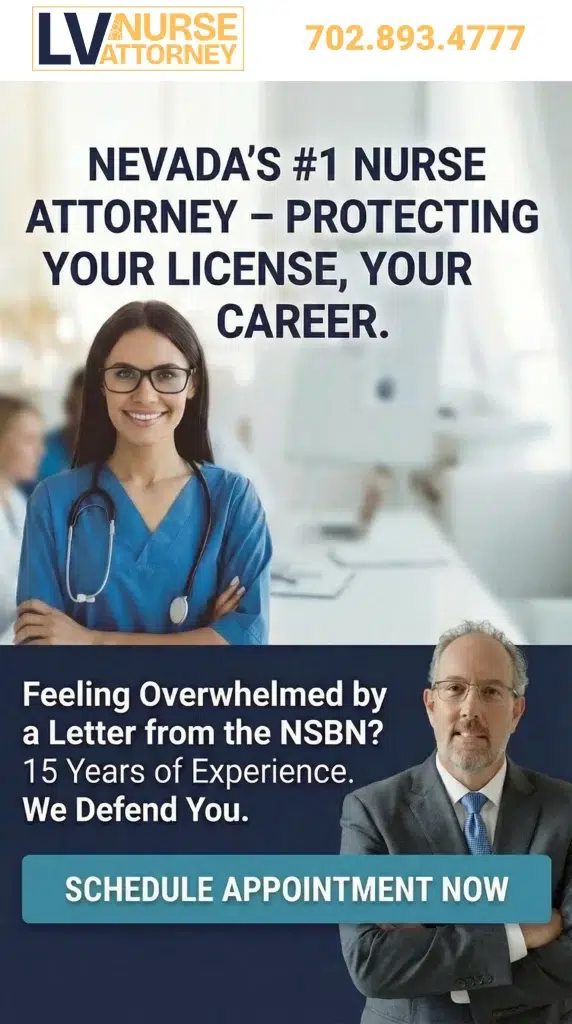As a nurse, protecting yourself from potential legal issues is crucial to maintaining a successful career. In this article, we will explore key ways to safeguard yourself from legal troubles, whether it’s through proper documentation or seeking guidance from a nurse attorney. By implementing these strategies, you can feel confident in your ability to provide quality care to your patients without the added stress of legal concerns. Join us as we delve into the importance of protecting yourself as a nurse and the steps you can take to do so. Whether you’re a seasoned veteran or just starting out in the field, protecting yourself as a nurse should always be a top priority.
I’m going to give you a big key to knowing how to deal effectively with complaints or allegations of unprofessional conduct at work, as alleged by the Nevada State Board of Nursing, or both. Unfortunately, this message may not get out to you in time, but I’m going to try and warn you anyway.
When something goes wrong at work, and someone is pointing the finger at you, or when someone reports you the the Board of Nursing, there is one very important thing you can do, that if you don’t do, it could severely hurt your chances to defend yourself.
Here’s the big key: start protecting yourself early on. The earlier the better. As soon as you can. Because no one else will do it for you.
As soon as accusations start flying, do the following right away:
- Take detailed notes of the event. Record the names and contact info of all involved parties. Figure out who is on your side, who can defend you against false or misleading allegations. Record the facts about what occurred, when, and why.
- One of the biggest decisions is deciding whether to talk to your employer about the situation. Statements made to employers, or to anyone else for that matter, can and will be used against you in any NSBN proceeding. Knowing whether to cooperate or not is one the biggest decisions that you will make. If you are unionized, and decide to go forward, have your union representative with you. If allowed, record the proceeding. Sometimes resigning from your job is better than cooperating, especially if you are certain that the outcome of termination is inevitable.
- Once you are contacted by the NSBN regarding an investigation or possible complaint against you, they are going to start calling and writing you, to ask for your cooperation and a written statement or explanation. They will tell you that your statement is not mandatory, but most clients I have talked to feel a great deal of pressure in cooperating. All I can tell you from my experience is two things; first, I have seen a nurse or two charged with more violations after providing a written statement. Second, I’ve never seen a voluntary, written statement exonerate a nurse from the allegations.
The strongest and best advice I can give you is to seek competent legal representation AS EARLY ON AS POSSIBLE! At my office, the first consultation is free, so there is no reason to delay. The longer you wait to make contact with an attorney, the greater the chance that you could make the wrong decision and not follow the path that is best suited for you.
Starting early in preparing to defend your license and livelihood means that you have the widest possible range of options and the best likelihood of making informed decisions about what is in your best interests. The only people involved in the process who truly have your best interests at heart besides you is your attorney. And your attorney is the person in the best position to help guide you through the legal, decision making process.
The take away, in case you missed it, is to start early–the sooner the better!


